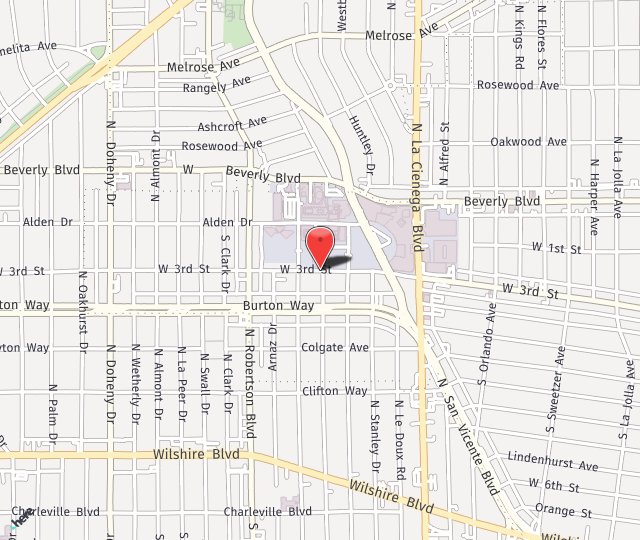The Symptoms of Nerve Pain
- Posted on: May 15 2019

It may seem obvious when you would have nerve pain. After all, our nerves are responsible for sensing injury and sending a message to the brain in the form of pain response, right? It’s not necessarily so cut and dried.
In this month’s blog, we’ll go through the symptoms to watch for with nerve pain and damage. Next month, we’ll discuss when that pain is in danger of becoming permanent nerve damage.
Three types of nerves
You first need to know that all nerves aren’t created equal. There are three different types:
- Autonomic nerves — These nerves control the involuntary or partially voluntary activities of your body, things like heart rate, blood pressure, digestion, and maintaining your body temperature.
- Motor nerves — These nerves control your movements and actions by passing information from your brain and spinal cord to your muscles.
- Sensory nerves — These are the nerves everyone thinks of with pain and sensation. They relay information from the skin and muscles back to your spinal cord and your brain. This information is then processed to let you feel pain and other tactile sensations.
What are the symptoms of nerve pain?
The symptoms a person has with nerve pain or damage vary depending on the nerve type and location. Damage can occur to nerves in the brain or spinal cord. It’s more commonly associated with the peripheral nerves, those throughout the rest of the body.
Autonomic nerve damage could show these symptoms:
- Inability to sense chest pain, such as with a heart attack
- Excessive sweating or insufficient sweating
- Lightheadedness
- Dry eye and mouth
- Constipation
- Bladder dysfunction
- Sexual dysfunction
Motor nerve damage symptoms:
- Weakness
- Muscle atrophy
- Twitching
- Paralysis
Sensory nerve damage symptoms:
- Pain
- Sensitivity
- Numbness
- Tingling
- Prickly sensations
- Burning
You can’t let nerve pain endure, as it can lead to permanent nerve damage. In next month’s blog, we’ll detail how to know when nerve pain is moving into nerve damage.
Regardless of the type of nerve you’re having trouble with, Dr. Seruya and his team at Los Angeles Nerve Institute are the place to seek treatment. Call (310) 423-2129 for nerve problems.
Posted in: Nerve Damage

